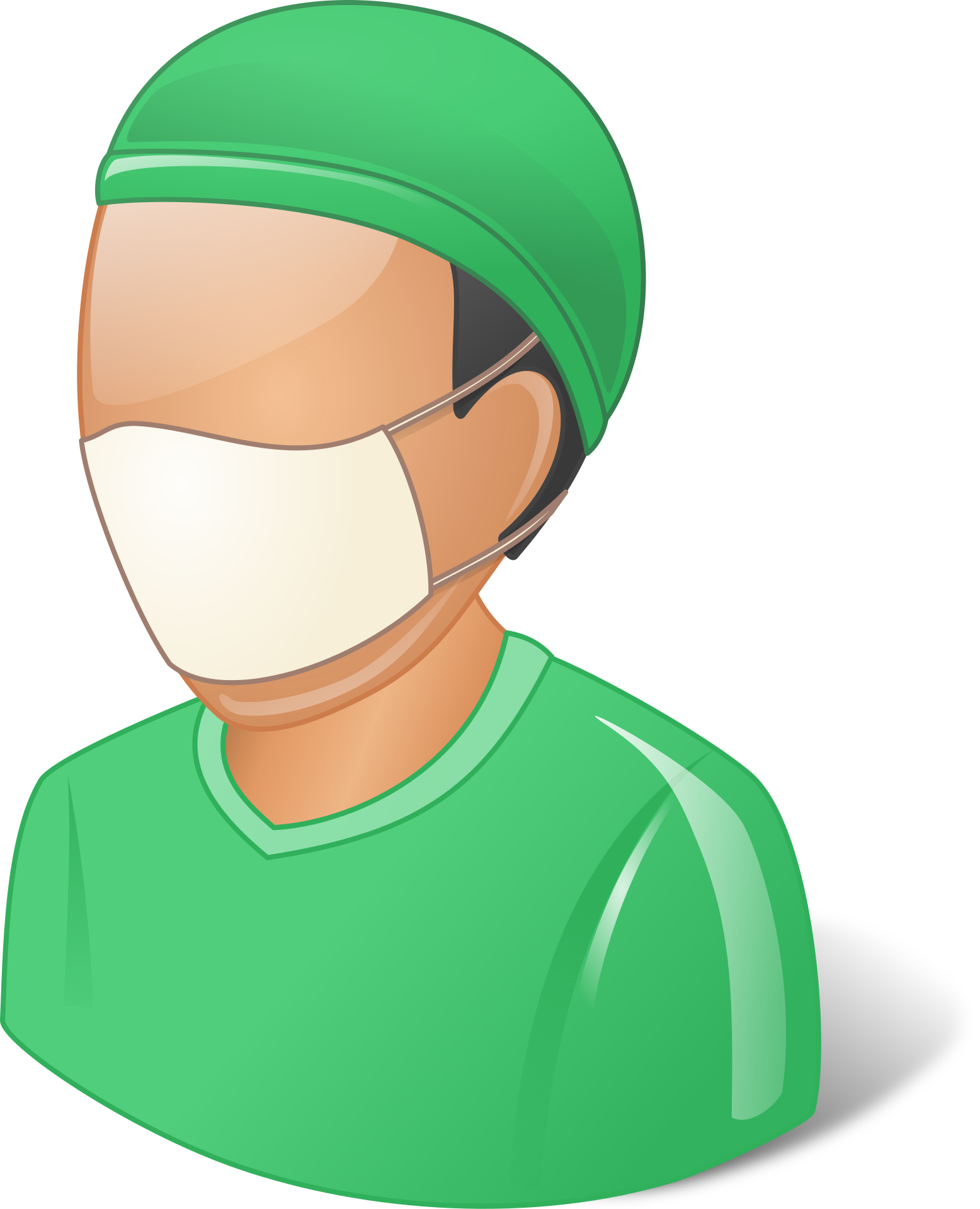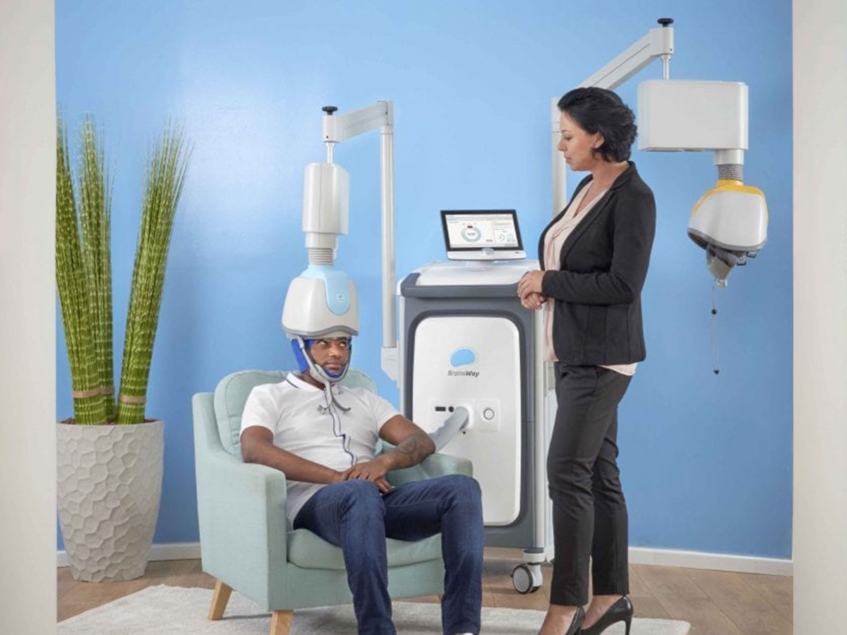Depression treatment still isn’t “once and done,” but the time needed to reduce symptoms continues to drop for patients using electromagnetic stimulation. Brainsway Ltd.’s Theta Burst brings treatment times down to just three minutes with its FDA 510(k) clearance.
The therapy uses Jerusalem-based Brainsway’s Deep Transcranial Magnetic Stimulation (dTMS) system, previously approved for a 20-minute treatment of major depressive disorder in patients in whom medication therapy has failed in their current depressive episode. The first approved TMS therapies took up to an hour.
New options for treating depression remain a critical need worldwide. Major depressive disorder (MDD) affects more than 17 million American adults and more than 300 individuals worldwide in the average year. One in five people in the U.S. typically experiences MDD at some point in their life. About 30% of patients do not find relief from their symptoms despite trying multiple medications and two-thirds do not achieve remission.
Recent events have boosted the rates of both current and lifetime depression. A study in JAMA Network Open found that COVID-19 has tripled the rate of depression in the U.S., with 27.8% of adults reporting symptoms of depression compared to 8.5% before the pandemic. Another recent study found that 52% of patients who recover from COVID-19 experience MDD for months afterward.
Short and sweet
“Adding our three-minute treatment protocol to the list of growing solutions available to our provider partners expands the platform nature of this life-changing technology,” said Hadar Levy, senior vice president and general manager of Brainsway. “Many patients and providers can benefit from significantly shorter treatment sessions, and our Theta Burst protocol can provide these patients with another option to manage their treatment resistant depression.”
The FDA granted Theta Burst clearance based on a study that compared Brainsway’s standard dTMS protocol to the three-minute version. The study enrolled 146 individuals with major depressive disorder, 80 in the 20-minute protocol group and 66 with the Theta Burst three-minute protocol. Participants in both groups demonstrated clinically meaningful reduction in depression scores, with the newer protocol meeting the equivalence criteria.
The shorter treatment calls for the same frequency and number of treatments as the standard 20-minute protocol, but the frequency of the pulses and inter-pulse breaks differ. The therapy is typically delivered five days a week for four weeks, then twice a week for up to 12 weeks, depending on patient response.
“While there are no studies defining which patients will respond better to either the 20-minute or the 3-minute protocols, there is a general understanding that some patients are not able to tolerate the full 20-minute treatment where the 3-minute treatment may be a more tolerable option,” a Brainsway spokesperson told BioWorld.
Both treatments use Brainsway’s H-1 coil helmet to direct magnetic pulses deep into the brain to excite or inhibit neurons in the prefrontal cortex. The helmet positions the coil tangential to the head and close to the targeted regions of the brain. A previous study showed that two-thirds of patients who received dTMS plus pharmacotherapy responded to the therapy and nearly 60% achieved remission.
“This protocol shows that innovation need not be revolutionary or radical to have a positive effect on peoples’ lives,” Brainsway vice president of research and development Moria Ankri noted. “Having a three-minute option for patients has the potential to expand access to care by providing patients with added flexibility in selecting courses of treatment that may fit better with their lifestyle.”
Exploring other conditions
In addition to MDD, Brainsway (NASDAQ and TASE:BWAY) TMS technology has received FDA clearance and the CE mark for obsessive-compulsive disorder and smoking cessation. The technologies also have a CE mark for treatment of bipolar disorder, post-traumatic stress disorder, schizophrenia, Alzheimer’s disease, autism, chronic pain, multiple sclerosis, Parkinson’s disease and post-stroke rehabilitation. Other areas under study for TMS include attention deficit hyperactivity disorder, alcohol use disorder, substance use disorders, anxiety, and obesity.
In April, Brainsway reported that more than 100,000 patients have been treated with its Deep TMS therapies to date. More than 620 TMS systems are in place in 22 countries.
The company reported a 5% decrease in revenue for the year ended Dec. 31, 2020 compared to the prior year, largely because of the pandemic. Brainsway nearly halved its net losses, however, dropping to $5.4 million from $10.3 million in 2019.

